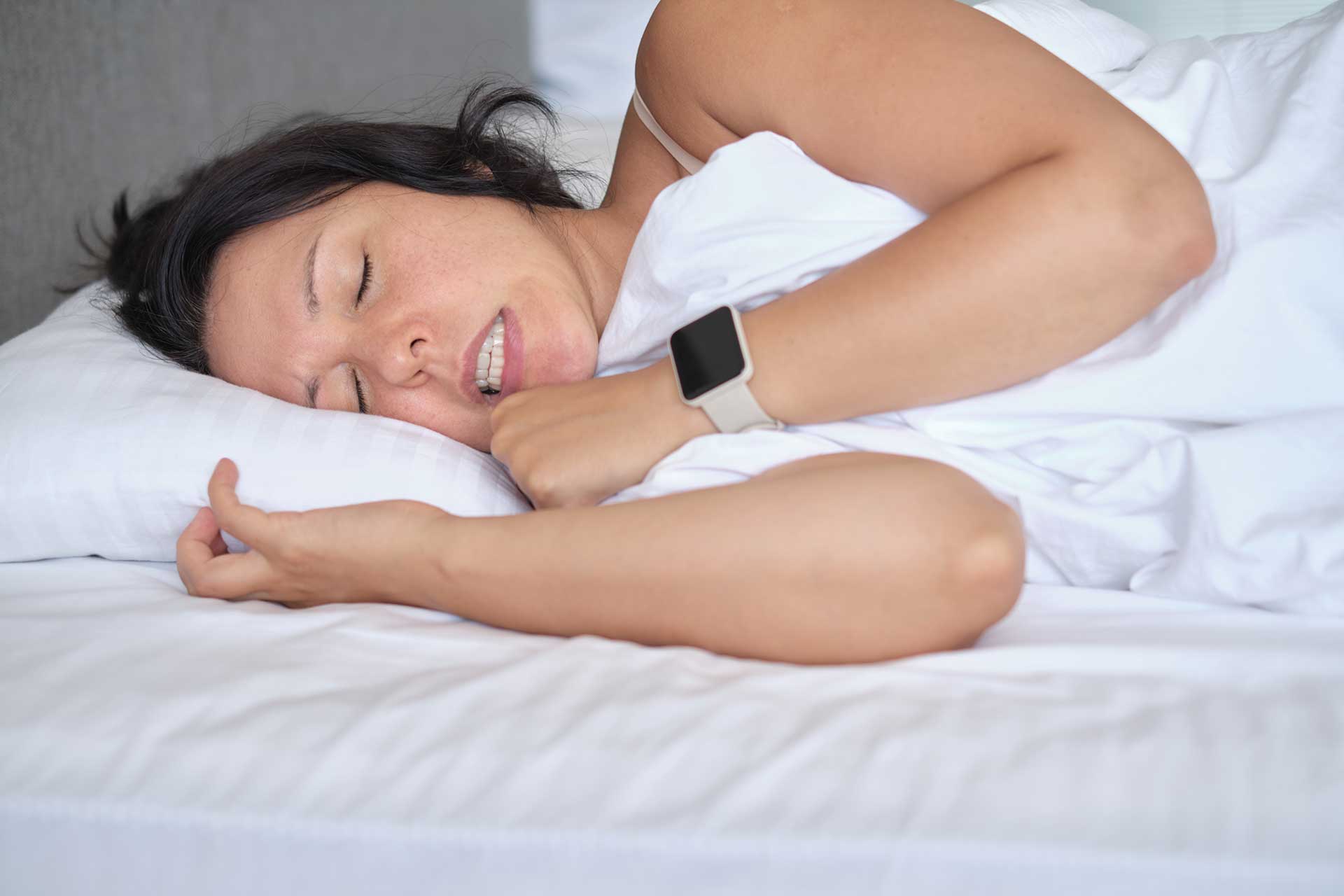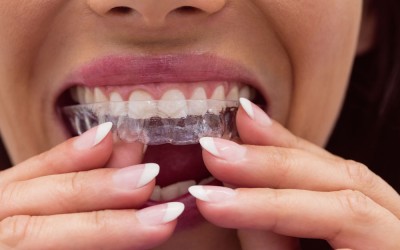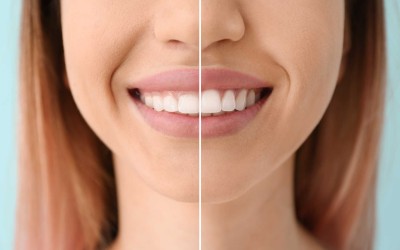Protect Your Teeth at Night: Bruxism and Treatment Methods

Protect Your Teeth at Night: Bruxism and Treatment Methods
- 18 April 2024
- 3502 views
Protect your teeth at night: Bruxism and treatment methods. Understand the problem of teeth clenching and learn about appropriate treatment options.
This content is for informational purposes only and does not replace medical advice, diagnosis, or treatment. Please consult a healthcare professional for any health concerns.
Table of Contents
Bruxism is a condition known as teeth grinding or clenching of teeth during sleep. This condition can cause you to unconsciously clench or grind your teeth and can result in long-term damage to your teeth and jaw.
What is Bruxism?
Bruxism is the involuntary clenching or grinding of teeth, usually occurring during sleep. It is often caused by factors such as stress, anxiety, sleep disorders, or misalignment of teeth. It can lead to tooth wear, jaw pain, headaches, and other jaw problems.
What are the Symptoms of Bruxism?
Symptoms of bruxism include tooth wear, jaw, and headache, pain or clicking sounds in the jaw joint, stiffness or tenderness in the jaw muscles, sleep disturbances, and tooth sensitivity. If you experience any of these symptoms, it is important to consult a dentist.
What are the Causes of Bruxism?
The exact cause of bruxism is unknown. However, factors such as stress, anxiety, sleep disorders, dental misalignment, and incorrect jaw alignment can contribute to this condition. Additionally, alcohol consumption and certain medications can trigger bruxism.
Treatment of Bruxism
Various methods can be used for treating teeth clenching:
- Night Guards: Specially designed night guards can help reduce damage caused by teeth clenching or grinding. Your dentist can recommend an appropriate night guard based on your needs.
- Physical Therapy: In some cases, physical therapy can be used to treat bruxism. Physical therapy can help strengthen and relax the jaw muscles, thereby reducing clenching or grinding activity.
- Medications: In some cases, medications may be prescribed to manage symptoms of teeth clenching. Muscle relaxants, antidepressants, or anti-anxiety medications can be used in bruxism treatment.
- Stress Management: Stress management techniques play an important role in managing bruxism symptoms. Techniques such as yoga, meditation, deep breathing exercises, or therapy can reduce stress and help control bruxism.
Tips for Protecting Your Teeth at Night
Some tips that can be used for bruxism treatment include:
- Use Night Guards: Your dentist may recommend special devices such as night guards or night splints. These devices protect your teeth and reduce damage caused by clenching or grinding.
- Stress Management: Bruxism is often associated with stress or anxiety. Therefore, using stress management techniques is important. Yoga, meditation, deep breathing exercises, or therapy can reduce stress and help control bruxism. This can help control bruxism.
- Dental Visits: Regularly visiting the dentist is important to monitor teeth clenching symptoms and update your treatment plan. Your dentist can help manage teeth clenching symptoms and recommend appropriate treatment options.
- Review Your Diet: Making some changes to your diet can help manage teeth-clenching symptoms. Particularly reducing caffeine and alcohol consumption can reduce bruxism activity. Also, adequate intake of minerals such as magnesium and calcium can support jaw muscle health and alleviate bruxism symptoms.
- Get Psychotherapy or Counseling: Bruxism is often associated with stress or emotional issues. Therefore, receiving psychotherapy or counseling can help manage teeth-clenching symptoms. A therapist or counselor can teach stress management techniques, reduce anxiety, and help cope with psychological factors associated with bruxism.
Consult a Dentist
If you experience symptoms of bruxism, it is important to consult a dentist. Your dentist will evaluate your condition and recommend an appropriate treatment plan. Early intervention is important for maintaining the long-term health of your teeth and jaw.
In conclusion, teeth clenching, known as grinding or clenching of teeth during sleep, can cause damage to teeth and the jaw. However, with proper treatment and management strategies, you can control bruxism symptoms. By using the above tips, you can protect your teeth at night and alleviate teeth clenching symptoms.
Remember, consulting a dentist is important for bruxism treatment!







